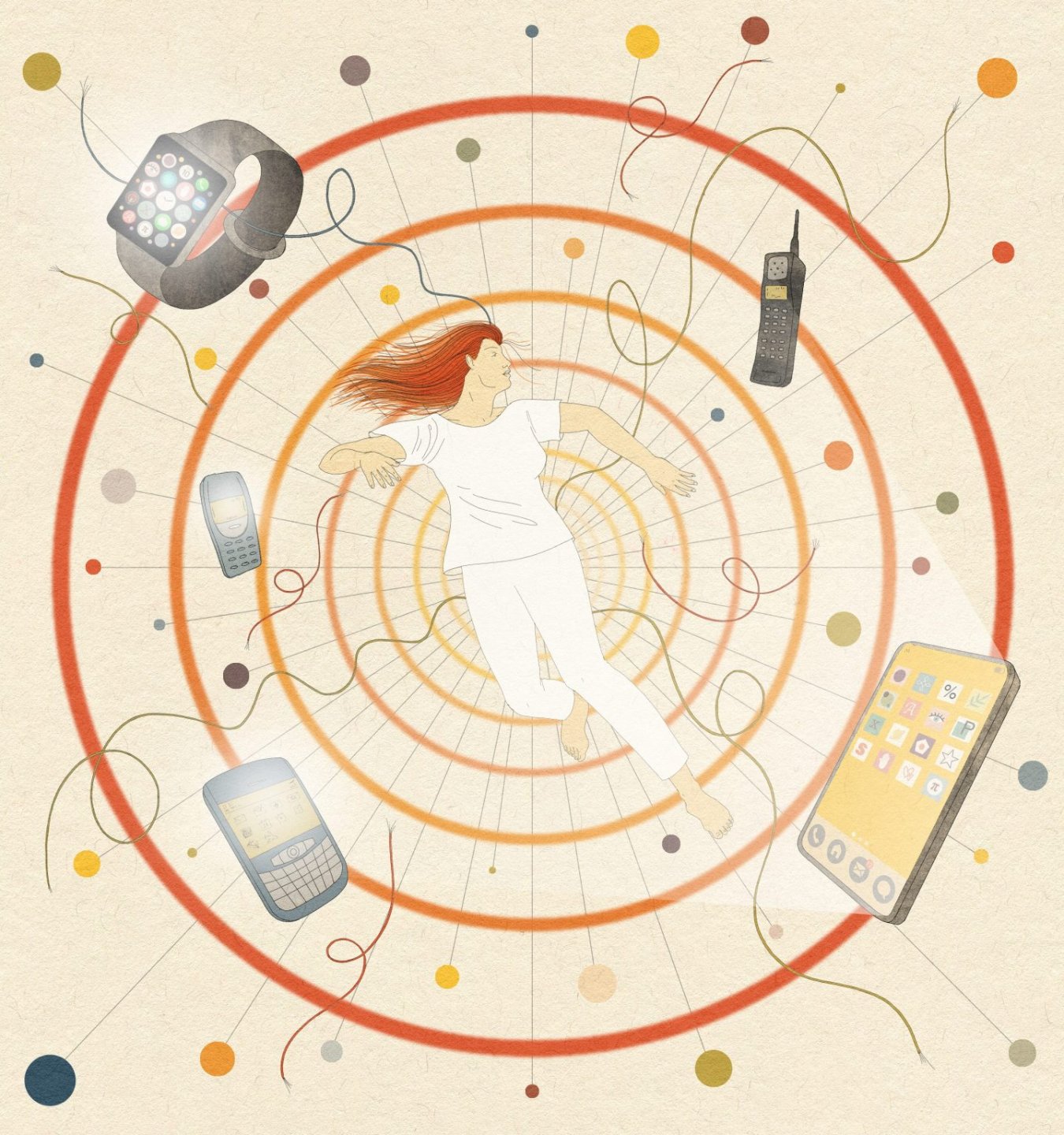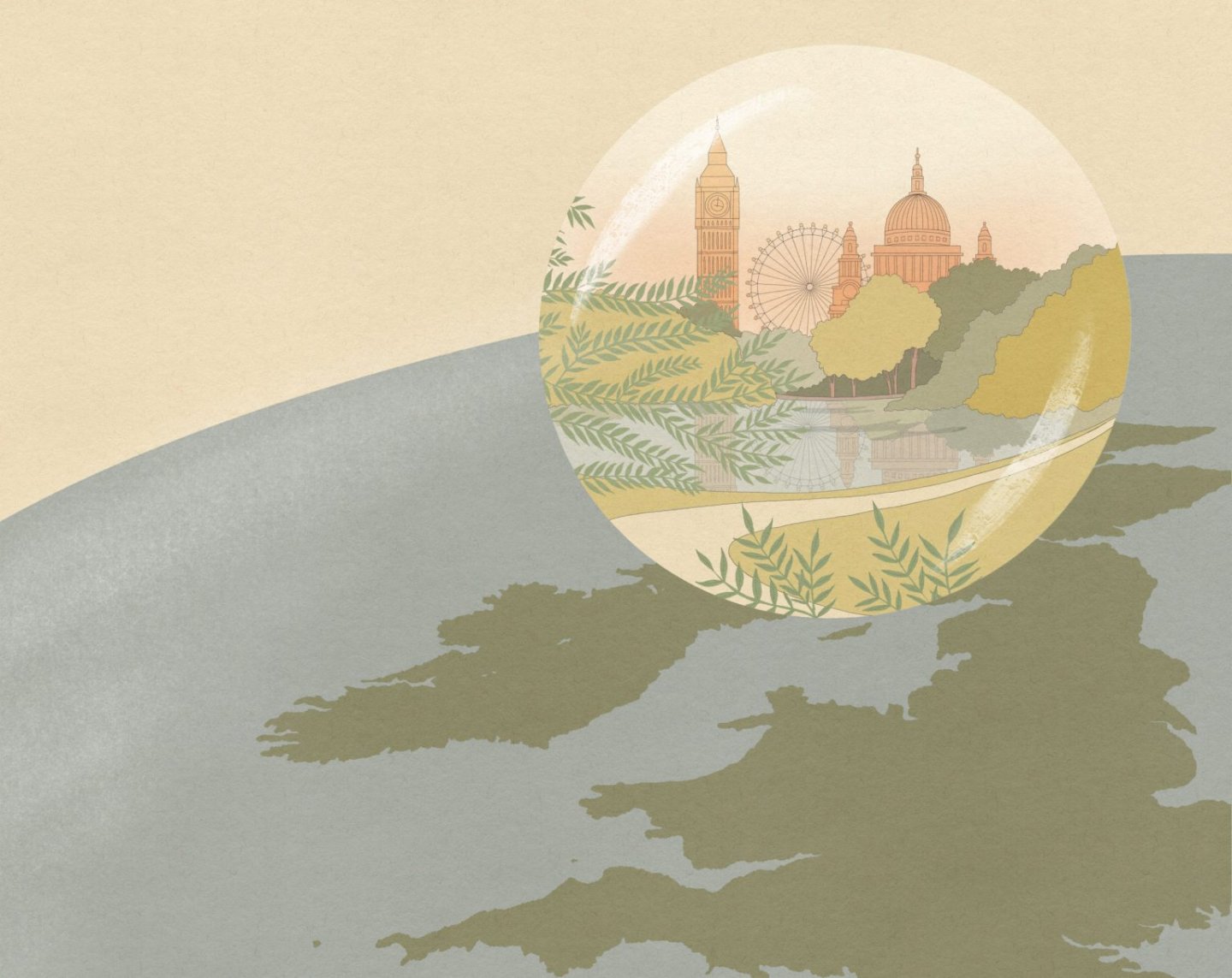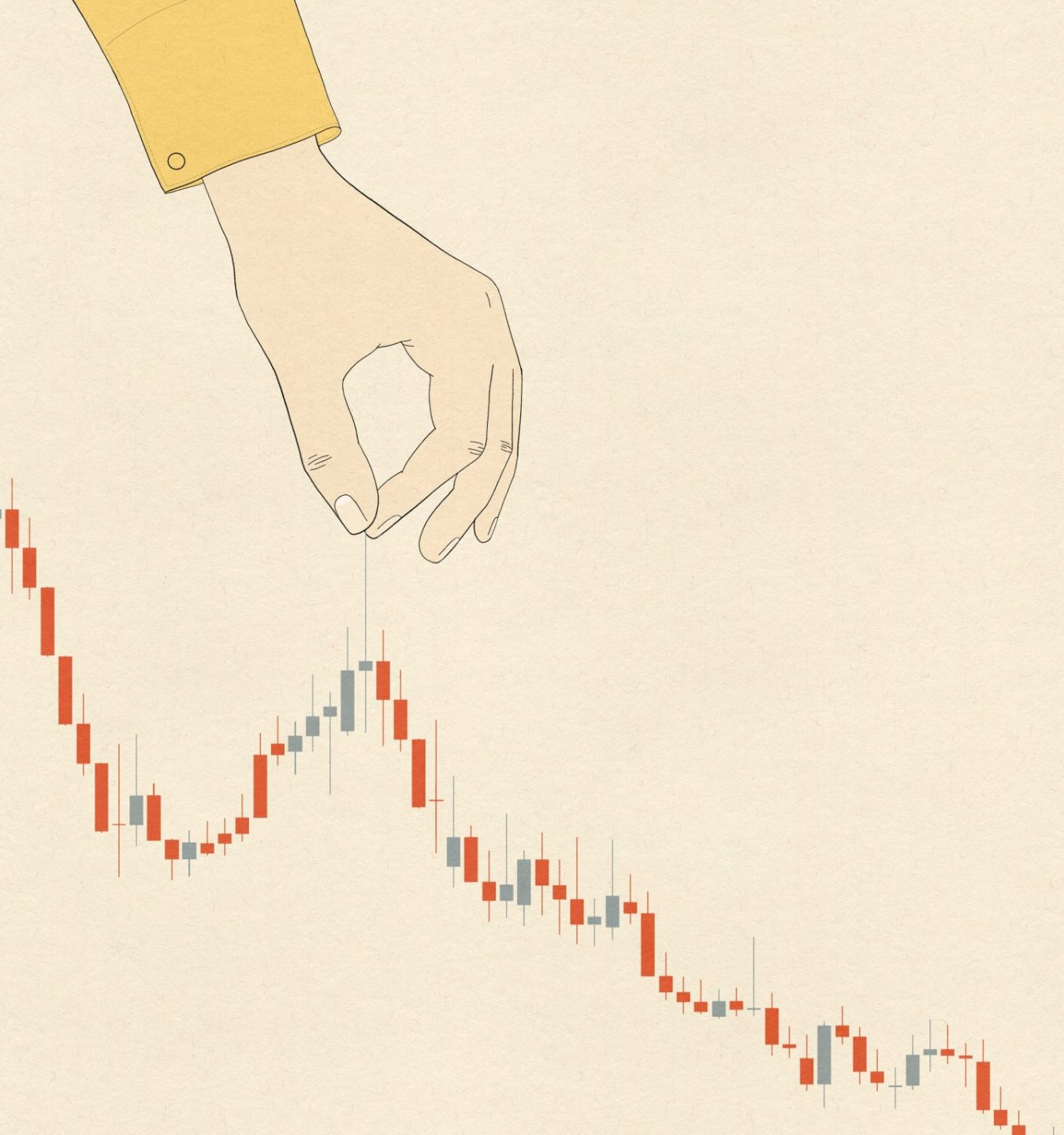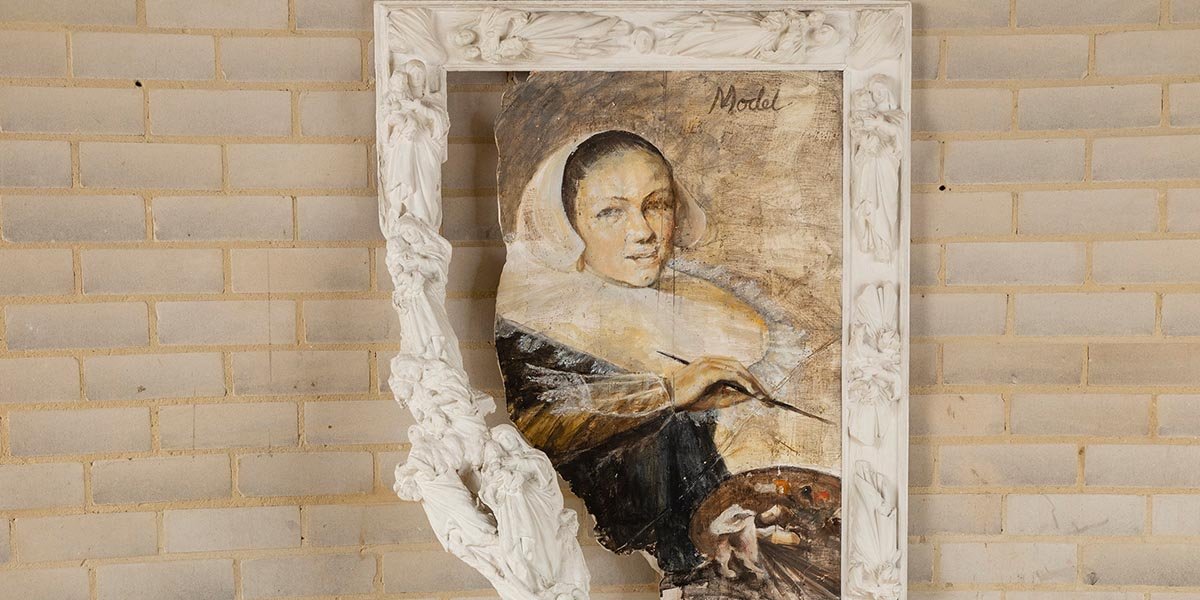That’s what I call the 90s
Britpop, Girl Power, Mr Blobby, gastropubs, Netscape, champagne supernovas, no frills, Ross and Rachel, cyber cafés, Blair, Cool Britannia, bling, Tamagotchis, Pretty Good Privacy, Maastricht, Clinton, rain on your wedding day, doing the Macarena, Gazza, AOL, Sensation and the end of history. Think the 1990s were frivolous? Think again.
It was the decade that gave us Harry Potter, Britpop and Friends, and the further away we get from it, the more nostalgia for the 1990s seems to grow. Sandwiched between the end of the Cold War and the events of 9/11, the last decade of the 20th century seems enviably peaceful, prosperous and optimistic – a moment of calm before the volatile years that would follow in the 21st century.
Yet while there’s been no shortage of books, documentaries and articles celebrating the culture and style of the time, Cambridge historians are now beginning to dig a little deeper. Why? To consider what we might have got wrong about this pivotal decade and to assess how its events have sown the seeds for many of the issues we are grappling with today – from identity politics and cancel culture to Putin’s aggression and Brexit.
There’s a growing sense that a lot of the economic orthodoxies of that period have been extremely damaging, especially in light of the global financial crisis and what’s happened to house prices
“The first draft of decadal history is nearly always focused on fashion, culture, pop music, what people were watching on TV and celebrities,” says Helen McCarthy, Professor of Modern and Contemporary British History. “Those sorts of events can be easily remembered. My interest comes from a more scholarly place and so it seemed to me that the time was ripe to start pushing beyond the familiar metanarratives of the decade. I think we’re beginning to see a more critical perspective emerge on the political economy of governments in the 90s. There’s a growing sense that a lot of the economic orthodoxies of that period have now been revealed to have been extremely damaging, especially in light of the global financial crisis and what’s happened to house prices.”
For McCarthy, it meant digging deeper into concepts like Cool Britannia – a tagline bandied about in the mid- to late 1990s to describe the cultural boom the country was experiencing, and co-opted by Tony Blair and New Labour to celebrate a modern, forward-facing Britain, with thriving creative industries. But it was a celebration heavily focused on London – and McCarthy says this has fed many of the divisions of region, geography and identity that mark today’s politics.

“By making London such a hub, able to suck in so much wealth, talent and investment, it fuelled the narrative of an out of touch metropolitan elite, which became a really important part of the populist discourse around Brexit by the 2010s.” Indeed, McCarthy says that much of the Conservative Party’s internal tensions over the EU can also be traced back to 1992 and the signing of the Maastricht Treaty – though she points out that the deregulation of civil aviation in the 1990s and subsequent rise of cheap short-haul flights actually meant that many Britons had a closer relationship to Europe than ever before.
And while a cursory look at the events of the 1990s might suggest a breakthrough decade for women’s equality – from the record-breaking number of female MPs elected to Parliament in 1997, to the fact that the number of women going to university overtook men for the first time – the reality was more complicated. Indeed, the rise of the “new lad” saw sexism often passed off as ironic.
“It was quite a mixed-up and troubling time for feminism,” says McCarthy. “There was a post-feminist sensibility and suggestion that feminism was oldfashioned – women were empowered and didn’t need it anymore.” Indeed, McCarthy herself remembers standing for Women’s Officer in her second year at Caius in the late 1990s, and declaring she was a feminist. “The other girl who was standing said ‘I’m not a feminist’ and everyone cheered.”
On the geopolitical stage, the 1990s were a time of optimism, says Gary Gerstle, Paul Mellon Professor of American History. The fall of the Berlin Wall marked the end of communism and the Cold War, while the birth of the internet signalled a new wealth of possibility. “It was a very promising time, but also a very disorientating time,” says Gerstle. “There was a sense on the one hand of a wonderful new world emerging, but on the other hand those aspects of life that politicians and others had used to ground themselves and their place in the world were no longer there.”

In his book spanning the past 50 years of political and economic history, Gerstle suggests the 90s were a pivotal point for neoliberalism, which he describes broadly as “freeing capitalism from constraints, freeing capitalism from government regulation, freeing the economy to do what it can do when left to its own devices”. He regards the 90s as the moment when this way of thinking about the economy and politics triumphed. “Because it not only had the support of Republicans in the US and Tories in the UK, but it also brought Democrats and Labour – via Tony Blair – on board.”
Hindsight has shown that many of the policies put in place during the 1990s laid the groundwork for increasingly unequal societies and, in turn, the political explosions of the 2010s that rocked Britain, America and the globe
And while there was a sense of opportunity, hindsight has shown that many of the policies put in place during the 1990s laid the groundwork for increasingly unequal societies and, in turn, the political explosions of the 2010s that rocked Britain, America and the globe. The decade saw Britain hailed by many as a multicultural society – with celebrations in 1998 to mark the 50th anniversary of the arrival of HMT Windrush. But McCarthy says that narrative was at odds with the reality of life in Britain for many. “Actually, the 90s was a period in which there was an institutional racism in policing and the seeds of Islamophobia were very much being sown.”
“Ultimately the decisions that were put in place in the 1990s were important factors that were going to lead to the explosion of Brexit and Donald Trump,” says Gerstle. “Those movements should at least in part be understood as those of people who felt dispossessed and that the place they held in the world was gone.”
Gerstle points to three events that had particular significance in the US – and beyond. Firstly, the North American Free Trade Agreement, signed into law by Bill Clinton in 1993. “It was a pivotal moment that allowed for the free moment of goods and capital, and to a lesser extent people, across the North American continent; it had massive consequences in terms of losses of good manufacturing jobs in industrial sectors of the American economy.”

The second was the Telecommunication Act of 1996 – the first major overhaul of US telecommunications law in over 60 years – which in effect said the government would do little to regulate new forms of communication. “This act eliminated virtually all regulation on the new technology and social media companies, out of the belief that it would stop innovation,” says Gerstle. “The result was to place the most important new instruments of communication almost entirely in private hands with minimal regulation. People could write or say anything online, whether it was true or false.”
Then, in 1999 came the deregulation of Wall Street – mirroring similar policy in Britain – repealing a prior law that kept investment and commercial banks separate. “This positioned Wall Street to operate with few constraints, which led to the real estate bubble of the early 21st century and then the global financial crisis of 2008 and 2009,” says Gerstle.
While these events had significant ramifications for the decades that followed – and were reflective of global processes – Gerstle says they are only just now being given serious attention. “These policies have been mostly ignored by historians until now,” he says. Thirty years on, it’s time to examine them more closely. “Part of our ability to write about the 1990s now has to do with the sense that the era of which the 90s were a part of is over. Once we are no longer living in that moment, we can begin to see its significance.”
Helen McCarthy has no doubt that the 1990s will prove fertile ground for historians for many years to come. “For example, something I find very interesting, but which there isn’t much research on, is the cultural impact of the end of the Cold War on life for people in Britain. There’s just so much more to dig down into about this period.”
 CAM
CAM

